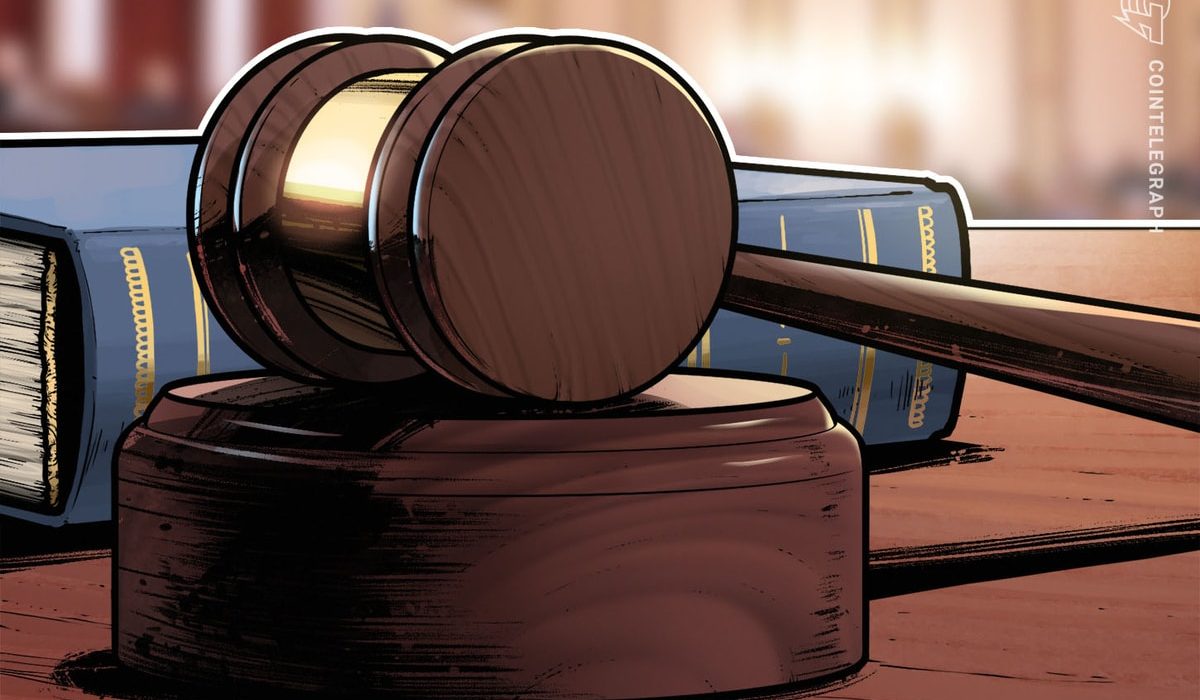Anatoly Legkodymov, co-founder and former CEO of cryptocurrency exchange Bitzlato, pleaded guilty to one count of operating an unlicensed money services business on Dec. 6. Legkodymov appeared in New York Eastern District Court in Brooklyn before Judge Eric Vitaliano.
In court, Legkodymov agreed to dissolve Bitzlato and forfeit $23 million in cryptocurrency. He had filed a criminal cause for pleading, which is understood to indicate the intention of entering a guilty plea. Breon Peace, United States Attorney for the Eastern District of New York, said:
“Legkodymov’s guilty plea today confirms that he was well aware that Bitzlato, his cryptocurrency exchange, was being used like an open turnstile by criminals eager to take advantage of his lax controls over illicit money transactions.”
Legkodymov was arrested in Miami on Jan. 17 during a coordinated international effort to take the exchange down. Its website was blocked by France the same day. According to the Department of Justice, Spain, Portugal and Cyprus, along with the European Union Agency for Law Enforcement Cooperation (Europol), also took part in the operation against it.
Hong Kong-based noncustodial peer-to-peer cryptocurrency exchange Bitzlato allegedly had “deficient” Know Your Customer/Anti-Money Laundering safeguards and was a major “financial resource” for the Russian darknet marketplace Hydra. The Justice Department imposed sanctions on Hydra in April 2022.
Related: Bitzlato kept a low profile, but did not go entirely unnoticed before DOJ action
The enforcement actions shook the crypto markets temporarily. Europol later claimed that around 46% of the assets handled by Bitzlato, worth 1 billion euro ($1.09 billion at the time), were connected to criminal activities. Europol seized Bitzlato wallets worth 18 million euro and froze 100 accounts on other exchanges worth 50 million euro.
Changpeng ‘CZ’ Zhao could get dragged into this.
The Anatoly Legkodymov case is as much about Binance as it is Bitzlato.
Keep an eye on this one…@TheDigitalComJB @TheDigitalCom_X #Bitzlato #Binance #crypto https://t.co/uwQCdLJLYF— Darren Parkin (@EditorParkin) December 6, 2023
Binance was a major Bitzlato counterparty. It blocked funds in 20 wallets in connection with the case later in January. In March, the exchange was able to unblock some of the funds it held and allowed users to withdraw up to 50% of their Bitcoin (BTC).
Magazine: Lawmakers’ fear and doubt drives proposed crypto regulations in US








